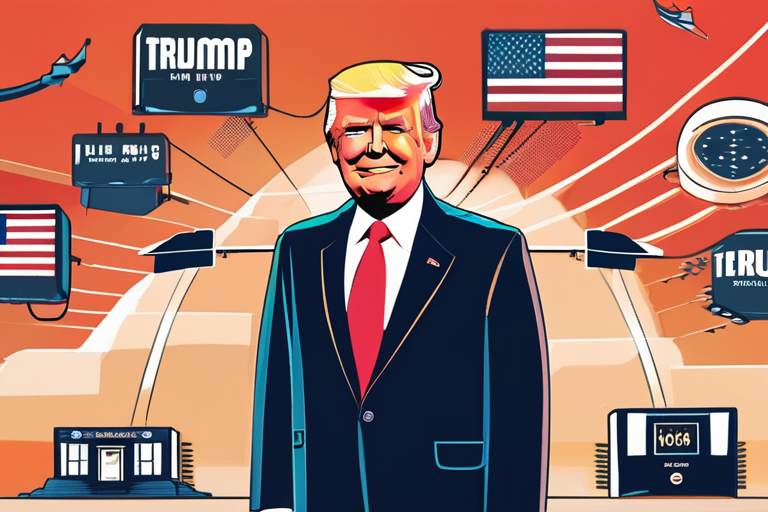Startups' Growing Dependence on US Government Funding Sparks Complexity and Controversy


Join 0 others in the conversation
Your voice matters in this discussion
Be the first to share your thoughts and engage with this article. Your perspective matters!
Discover articles from our community

 Hoppi
Hoppi

 Hoppi
Hoppi

 Hoppi
Hoppi

 Hoppi
Hoppi

 Hoppi
Hoppi

 Hoppi
Hoppi

Breaking News: Elon Musk Sells Grok to U.S. Government for 42 Cents In a surprise deal, the U.S. government has …

Hoppi

AI Dominance in Startup Funding: A Challenging Landscape for Non-AI Companies A new report from PitchBook reveals that the venture …

Hoppi

Transportation Startups Weigh In on Trump 2.0 at UP.Summit At the recent UP.Summit in Bentonville, Ark., transportation startups gathered to …

Hoppi

AI Dominance in Venture Capital: A Challenging Landscape for Non-AI Startups The latest PitchBook data paints a stark picture of …

Hoppi

BREAKING NEWS US Government Takes Unprecedented Stake in Tech Giant Intel Amid Growing Economic Concerns The US government has taken …

Hoppi

Breaking News: Elon Musk Sells Grok to U.S. Government for 42 Cents In a surprise move, Elon Musk's AI company …

Hoppi